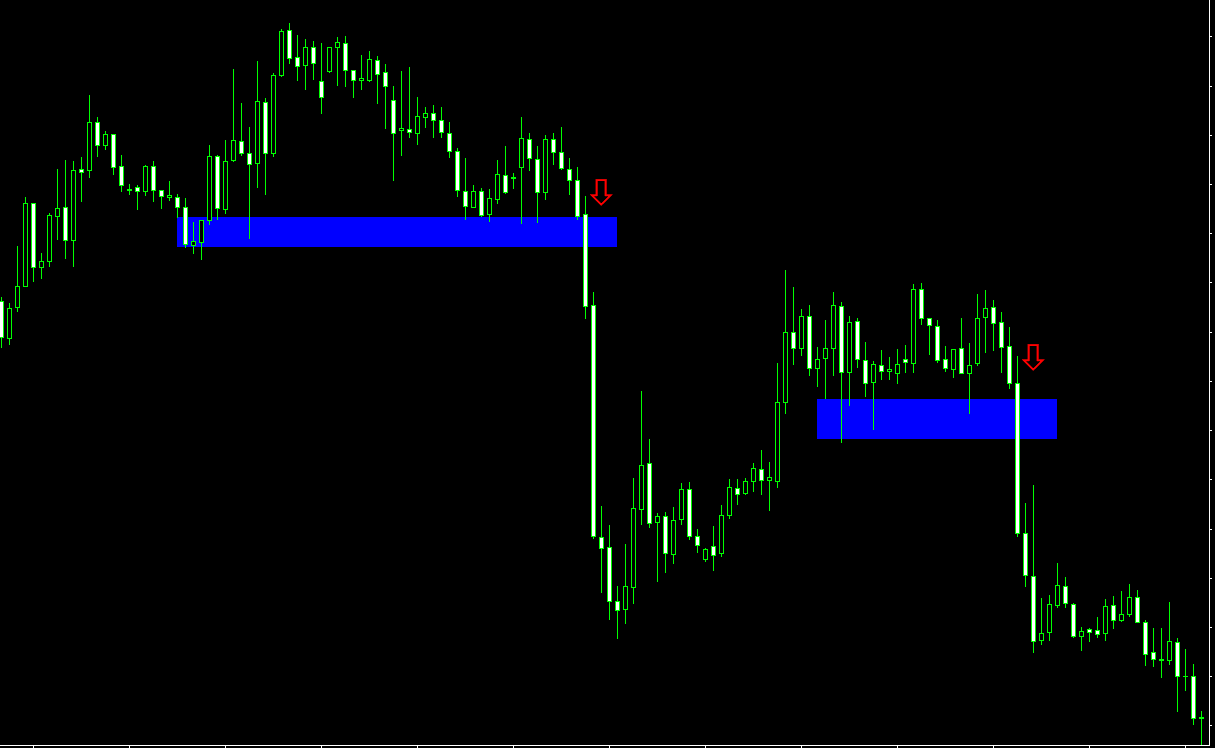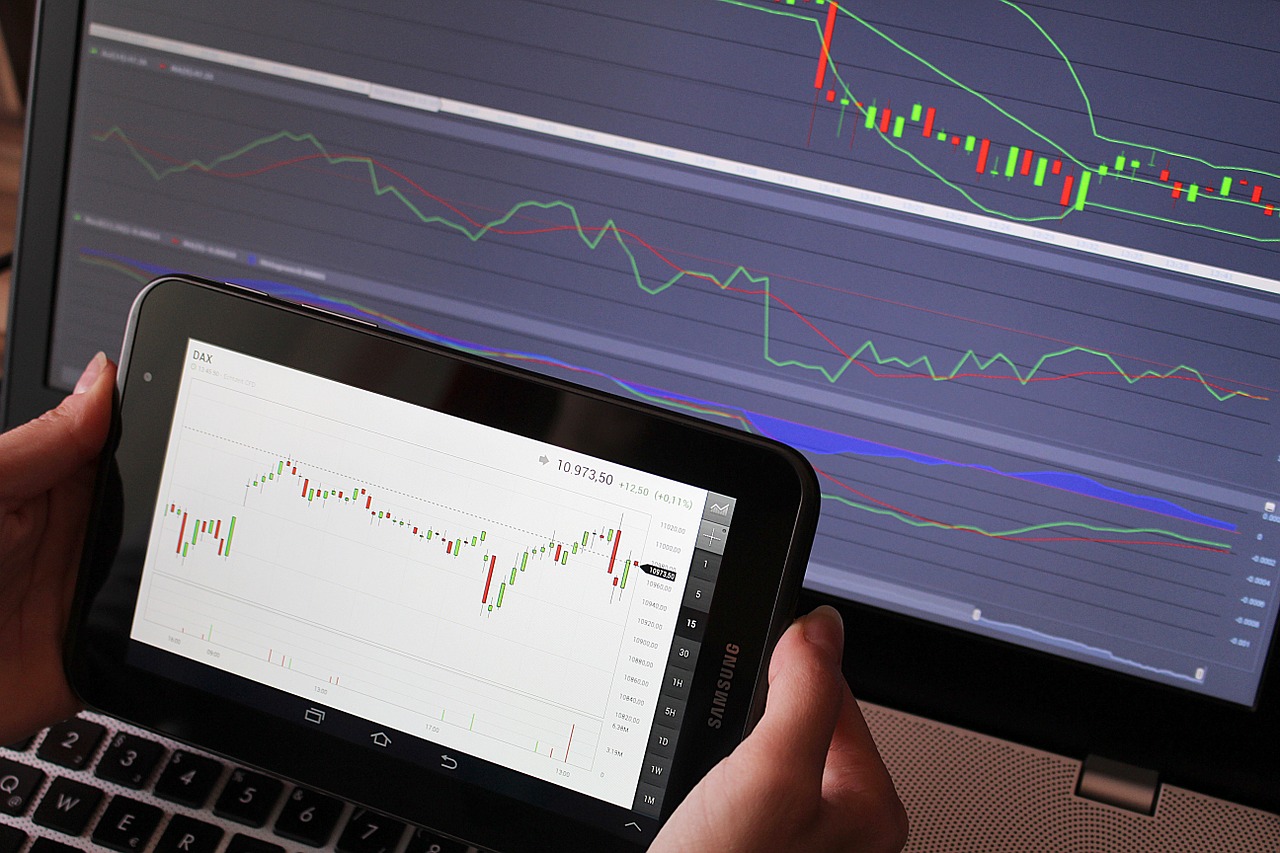Mistakes are an inevitable part of the learning process in forex trading. However, consistently repeating the same errors can hinder your progress and negatively impact your profitability. By recognizing and addressing common mistakes, you can minimize their impact and set yourself up for long-term success in the forex market.
This comprehensive guide explores the most common mistakes in forex trading and provides practical tips and strategies to help you avoid them, ultimately maximizing your trading profits.
1. Lack of Education and Market Knowledge
One of the most common mistakes new forex traders make is diving into the market without sufficient education and knowledge. Forex trading is a complex endeavor that requires a solid understanding of market dynamics, technical analysis, fundamental analysis, and trading psychology.
To avoid this mistake:
- Invest time in education: Familiarize yourself with the basics of forex trading, including currency pairs, market structure, and key economic indicators. Take advantage of educational resources such as webinars, articles, e-books, and video tutorials.
- Develop your trading skills: Practice technical and fundamental analysis techniques to improve your market forecasting abilities. Utilize a demo account to test your strategies and refine your skills before risking real capital.
- Stay informed: Regularly follow financial news and developments to keep abreast of market events that could impact currency prices.
2. Trading Without a Plan
Trading without a plan is akin to navigating unfamiliar terrain without a map. A well-defined trading plan outlines your goals, trading strategies, risk management parameters, and performance evaluation methods, providing a clear roadmap to follow in your trading journey.
To avoid this mistake:
- Develop a comprehensive trading plan: Outline your trading objectives, timeframe, preferred strategies, and risk tolerance. Include detailed entry and exit criteria for each trade and define your position sizing guidelines.
- Stick to your plan: Consistently adhere to your trading plan, and avoid deviating from it based on emotions or impulsive decisions.
- Review and adjust: Regularly review your trading plan and adjust it as needed to account for changes in market conditions or your personal circumstances.
3. Inadequate Risk Management
Poor risk management is a major contributor to losses in forex trading. Failing to control risk exposes you to potentially devastating losses that can jeopardize your trading account.
To avoid this mistake:
- Set appropriate stop-loss orders: Utilize stop-loss orders to limit your potential losses and protect your trading capital.
- Use proper position sizing: Adjust your position size based on your account balance and the risk associated with each trade. As a general guideline, avoid risking more than 1-2% of your account balance on a single trade.
- Maintain a favorable risk-reward ratio: Aim for a risk-reward ratio of at least 1:2, meaning you stand to gain at least twice as much as you risk on each trade. This helps ensure that your potential profits outweigh your losses over time.
4. Overleveraging
Leverage allows you to control larger positions with a smaller initial investment, amplifying potential gains but also magnifying losses. Overleveraging is a common mistake among forex traders, leading to excessive risk-taking and significant account drawdowns.
To avoid this mistake:
- Understand the risks of leverage: Be aware of the potential risks associated with using leverage and recognize that higher leverage can result in larger losses.
- Use leverage cautiously: Choose a conservative leverage level that aligns with your risk tolerance and trading strategy. As a beginner, consider starting with lower leverage to minimize your risk exposure.
- Monitor your margin: Regularly check your margin usage and ensure you have enough available margin to avoid a margin call or forced liquidation of your positions.
5. Overtrading
Overtrading occurs when traders execute an excessive number of trades, often driven by impulsive decision-making or a desire to recover losses quickly. Overtrading can lead to increased trading costs, decreased focus, and heightened emotional stress.
To avoid this mistake:
- Adhere to your trading plan: Follow your pre-defined trading plan and only enter trades that meet your established criteria.
- Practice patience: Resist the urge to chase every market opportunity or jump into trades impulsively. Wait for high-probability setups that align with your trading strategy.
- Set trading limits: Establish daily or weekly trading limits to prevent overtrading. This may include limiting the number of trades, maximum daily loss, or total time spent trading.
6. Ignoring the Importance of Trading Psychology
Many traders underestimate the importance of trading psychology in determining their overall success. Emotional control, discipline, and mental resilience play a crucial role in shaping your trading performance.
To avoid this mistake:
- Develop emotional awareness: Recognize the impact of emotions on your trading decisions and develop strategies to manage them effectively.
- Cultivate a disciplined mindset: Foster a disciplined trading mindset by adhering to your trading plan, practicing patience, and setting realistic expectations.
- Learn from mistakes: Analyze your trading errors and develop strategies to address the emotional factors that contributed to them.
7. Failing to Keep a Trading Journal
A trading journal is an essential tool for tracking your trading performance, identifying areas for improvement, and refining your trading strategies. Failing to maintain a trading journal can hinder your progress and prevent you from learning from your mistakes.
To avoid this mistake:
- Record every trade: Document all your trades, including entry and exit points, position size, trade rationale, emotions, and outcomes.
- Analyze your performance: Regularly review your trading journal to identify patterns, both positive and negative, and develop strategies to address them.
- Adjust your strategies: Use the insights gained from your trading journal to refine your trading plan and strategies, improving your performance over time.
Conclusion
Forex trading is a challenging and complex endeavor, and mistakes are a natural part of the learning process. However, consistently repeating the same errors can hinder your progress and jeopardize your long-term success in the market.
By recognizing and addressing common trading mistakes, such as inadequate education, trading without a plan, poor risk management, overleveraging, overtrading, neglecting trading psychology, and failing to keep a trading journal, you can minimize their impact and set yourself up for long-term success in the forex market.
Remember that forex trading is a continuous learning experience, and it’s essential to remain open to improvement and self-reflection. As you progress in your trading journey, strive to learn from your mistakes, refine your strategies, and cultivate a disciplined mindset, laying the foundation for a rewarding and successful trading career.



